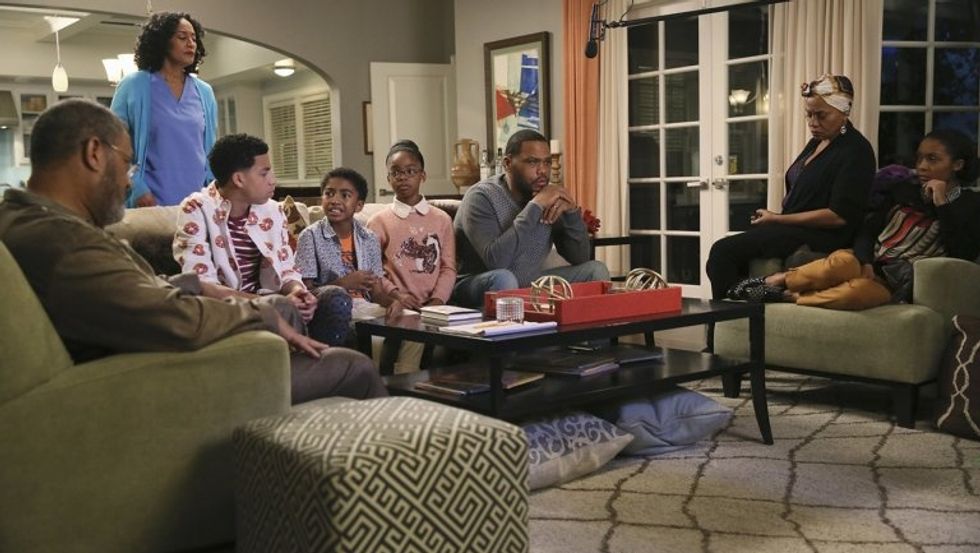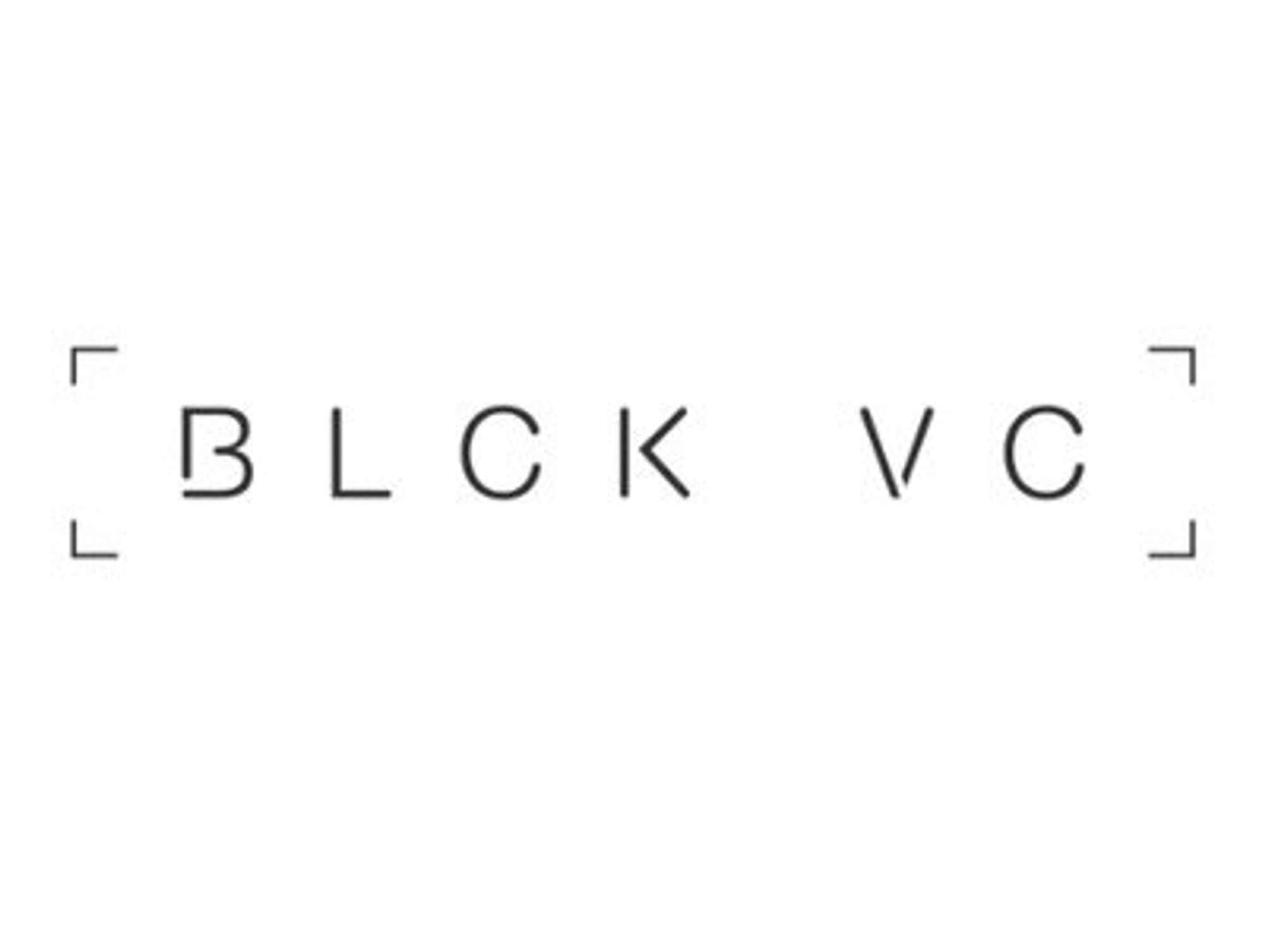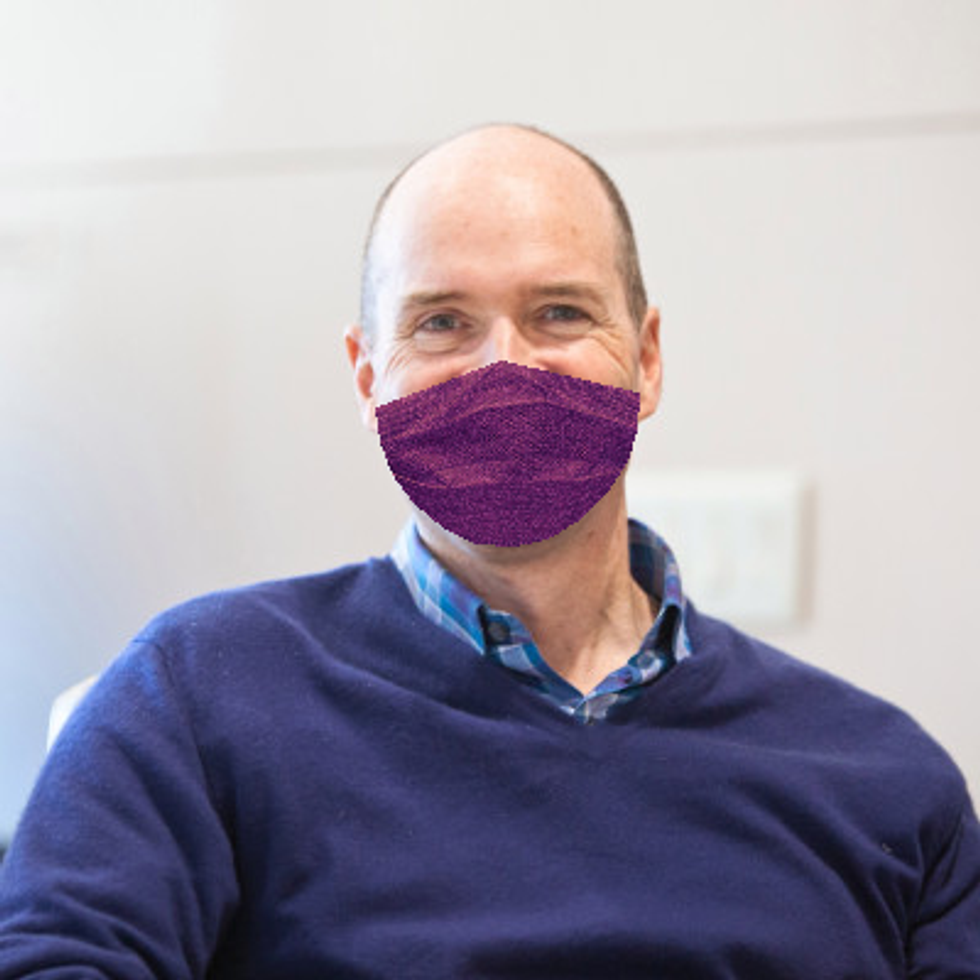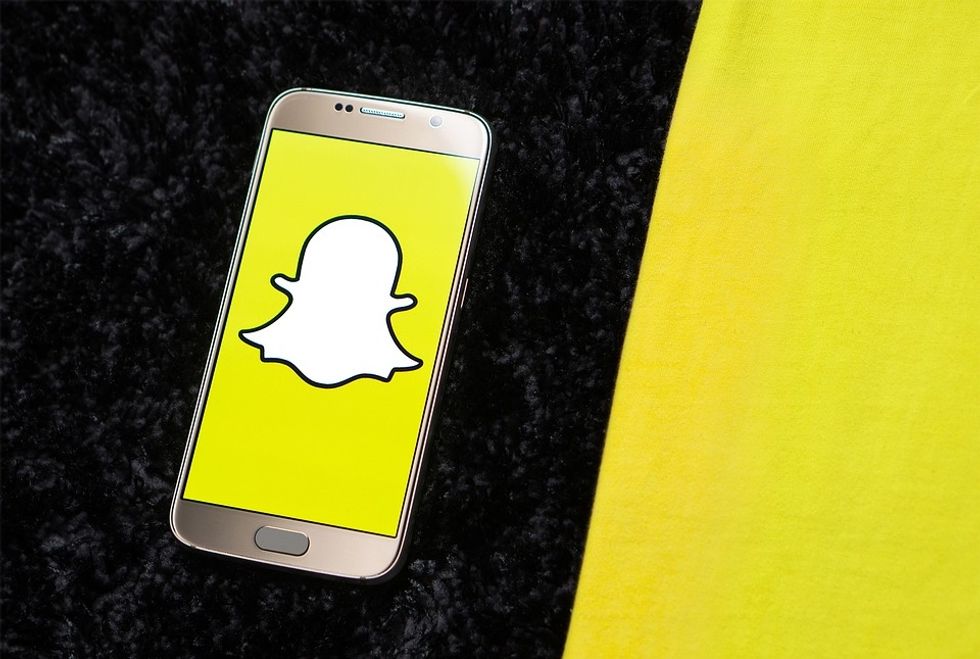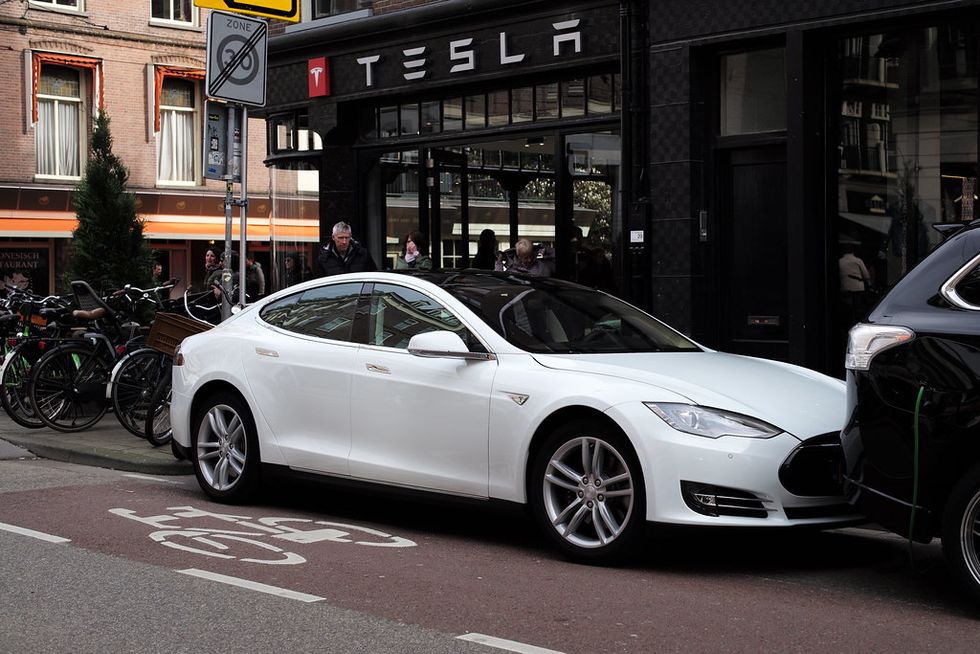Snap has decided to stop featuring President Donald Trump's account on its Discover platform, where users can watch curated videos.
The Santa Monica-based company issued a statement Wednesday:
"We are not currently promoting the President's content on Snapchat's Discover platform. We will not amplify voices who incite racial violence and injustice by giving them free promotion on Discover. Racial violence and injustice have no place in our society and we stand together with all who seek peace, love, equality, and justice in America."
A Snap spokesperson said the company made the decision over the weekend. On Sunday, Snap CEO Even Spiegel wrote to his employees, condemning racial injustice.
"I am heartbroken and enraged by the treatment of black people and people of color in America," he wrote.
Though Spiegel did not specifically call out President Trump in that letter, he highlighted that Snap has a responsibility to monitor the content on its platform.
"We simply cannot promote accounts in America that are linked to people who incite racial violence, whether they do so on or off our platform." Spiegel wrote. "Our Discover content platform is a curated platform, where we decide what we promote. We have spoken time and again about working hard to make a positive impact, and we will walk the talk with the content we promote on Snapchat. We may continue to allow divisive people to maintain an account on Snapchat, as long as the content that is published on Snapchat is consistent with our community guidelines, but we will not promote that account or content in any way."
The president's account remains on the platform, and is accessible via search and to subscribers, a Snap spokesperson noted. Unlike some other social media platforms, the spokesperson also said that Snap does not consider itself a "'town square' where anyone can speak publicly to the entire Snapchat community." Rather, as the curator of content on its Discover platform, Snap says it has a "responsibility to our community to show them public content that we believe will enhance their experience on Snapchat."
President Trump's campaign manager Brad Parscale issued a response on the Trump campaign's website:
"Snapchat is trying to rig the 2020 election, illegally using their corporate funding to promote Joe Biden and suppress President Trump. Radical Snapchat CEO Evan Spiegel would rather promote extreme left riot videos and encourage their users to destroy America than share the positive words of unity, justice, and law and order from our President.
"Snapchat hates that so many of their users watch the President's content and so they are actively engaging in voter suppression. If you're a conservative, they do not want to hear from you, they do not want you to vote. They view you as a deplorable and they do not want you to exist on their platform."
In May, Joe Biden appeared on the featured "Good Luck America" program, where he was interviewed and asked to address the perception that he is "old, out of touch, and kind of lame."
As dot.LA reported Monday, Snap has been the platform of choice for some people and groups seeking to promote violence, theft and property damage in the recent civil unrest.
The self-described camera company is protected from financial liability for such messages by Section 230 of the Communications Decency Act.
Last week, however, Trump signed an executive order that may change all of that by enabling federal regulators to punish social media companies for how they moderate content on their sites. Lawmakers and internet freedom advocates called the action illegal and improper under the First Amendment.
As of 12:45 p.m. PT, Snap's share price was down about 1.5% for the day.
---
Sam Blake covers media & entertainment for dot.LA. Find him on Twitter @hisamblake and email him at samblake@dot.LA
- snap - dot.LA ›
- How Trump's Order Could Impact The Fates of Snap, TikTok and ... ›
- Joe Biden Takes to Snapchat's 'Good Luck America.' - dot.LA ›
- Snap Stops Promoting Trump; The President Snaps Back - dot.LA ›
- Building a Real Meritocracy in L.A. Tech - dot.LA ›
- Founders and Investors Do Not Share Wall Street's Optimism - dot.LA ›
- Snapchat Rolls Out Pride Lenses For Every U.S. Region - dot.LA ›
- Tech Leaders Slam Trump’s Temporary Work Visa Ban - dot.LA ›
- An AI Debate Analysis Shows Trump in Character - dot.LA ›
- Snapchat Locks Trump's Account After Riot at Capitol - dot.LA ›
- Snapchat Partners with Newspaper Giant Gannett - dot.LA ›


